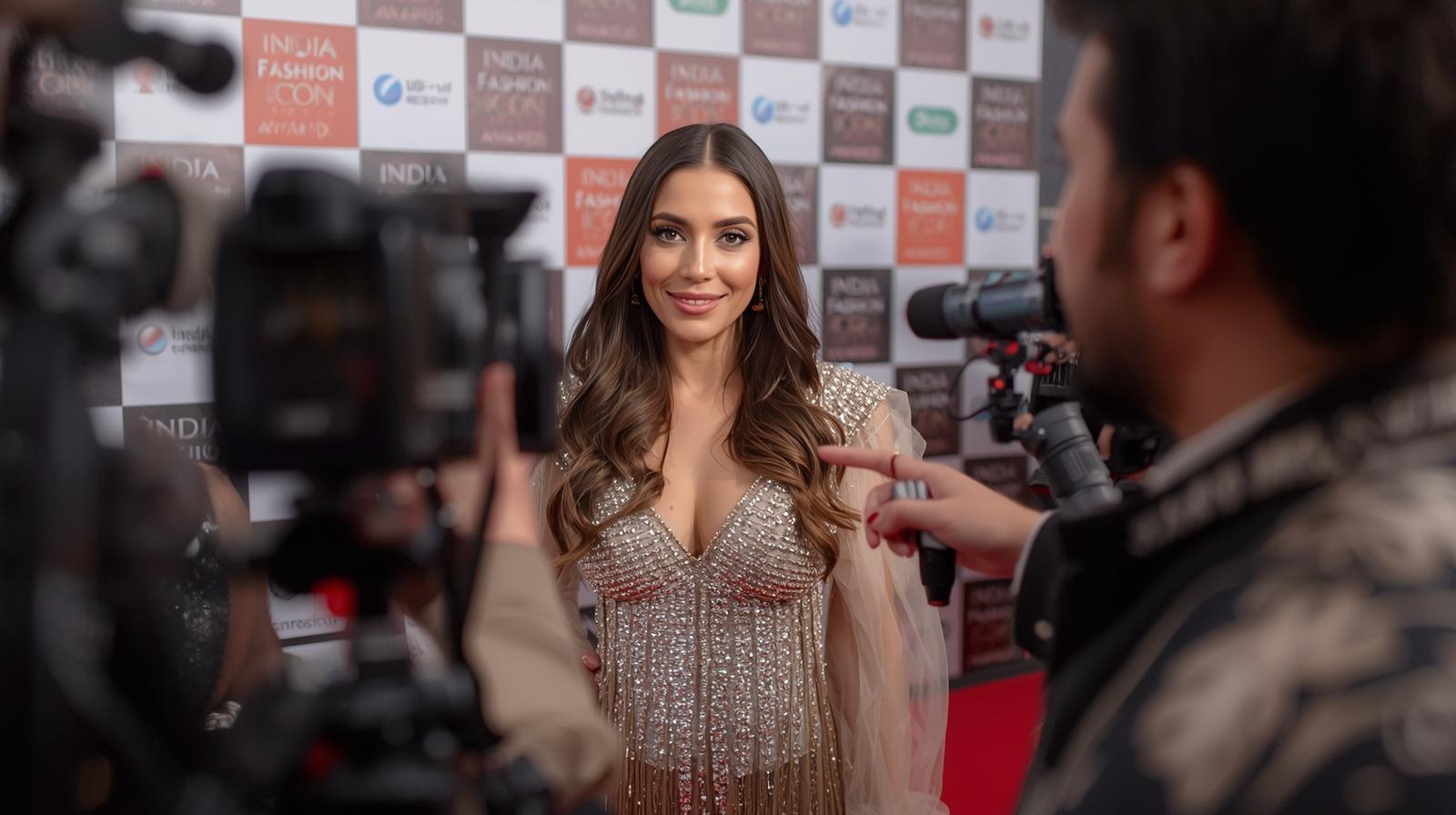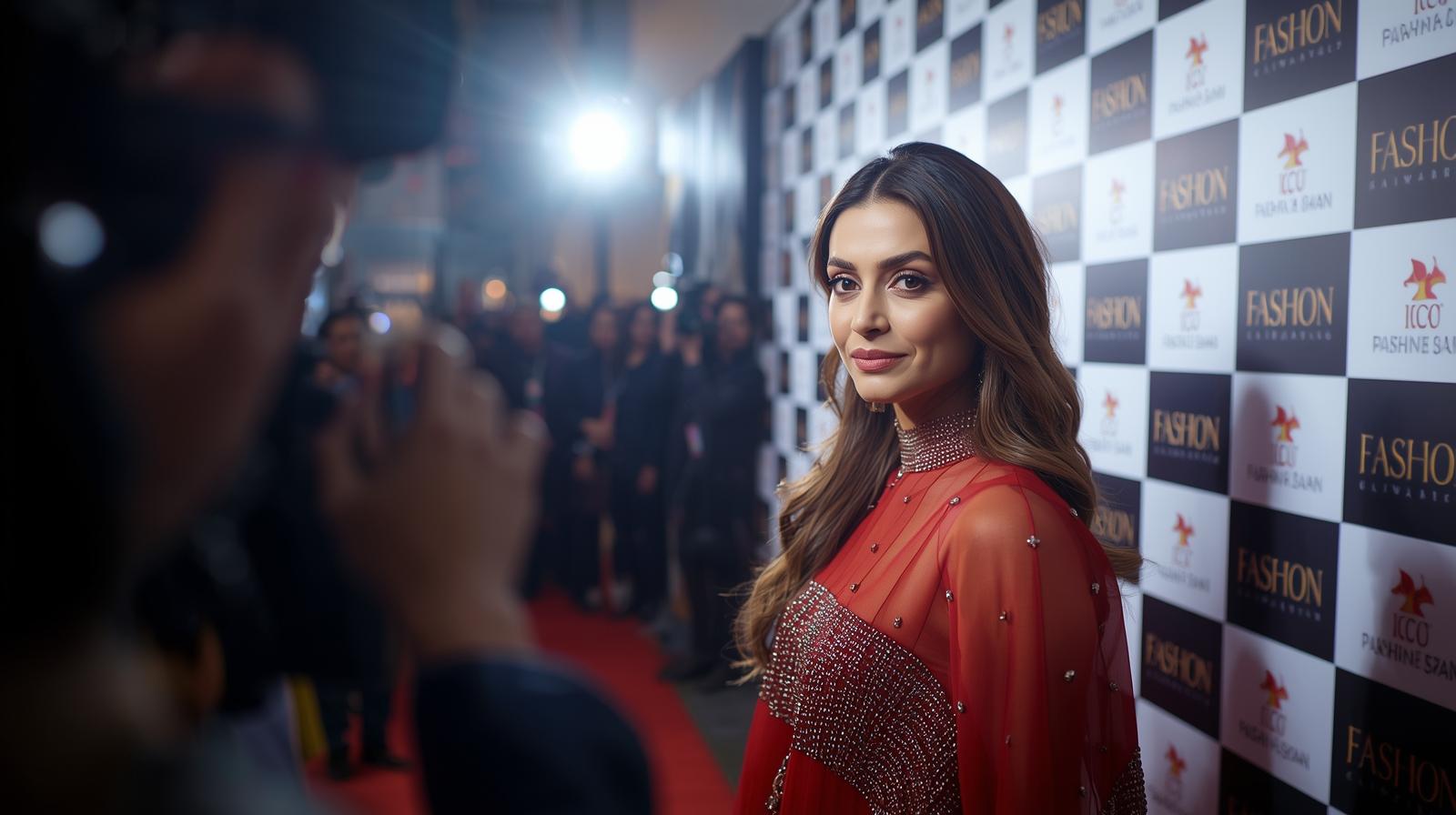Hair loss feels personal. Minoxidil remains a go-to treatment, prescribed for pattern baldness and thinning. But for many, the side effects, regimen demands, or discomfort with daily use prompt a search for other options. According to dermatologists and Hair/Vogue India reporting, there are viable alternatives.
Here are some of the best-backed substitutes and complementary strategies that experts recommend.
How Minoxidil Works—and Its Limitations
First, understanding minoxidil sets the stage for knowing why alternatives matter. Topical minoxidil works by increasing blood flow to hair follicles, extending the growth (anagen) phase, and helping miniaturized follicles revive, if they haven’t permanently atrophied.
That said, its effects require persistent use. If stopped, any gains tend to regress. Moreover, some users report side effects: dryness, irritation, greasy scalp, or initial shedding.
Thus, many dermatologists encourage combining or substituting other treatments—especially in early or mild cases.
Botanical Oils & Natural Extracts
One of the most accessible alternatives comes from nature.
-
Rosemary oil: Some studies suggest efficacy comparable to low-strength minoxidil in slowing hair loss and improving density when used consistently. It also supports scalp circulation and reduces inflammation around follicles.
-
Peppermint oil: Often used in blends; in animal studies, it showed promising results for stimulating follicles and supporting faster growth.
-
Amla, castor, onion, bhringraj oils: These have long been part of traditional hair care in India. While large clinical trials are fewer, they’re commonly recommended for improving scalp health, strengthening roots, and reducing breakage
For more style updates & exclusive fashion stories follow indiafashionicon.com

 info@indiafashionicon.com
info@indiafashionicon.com









